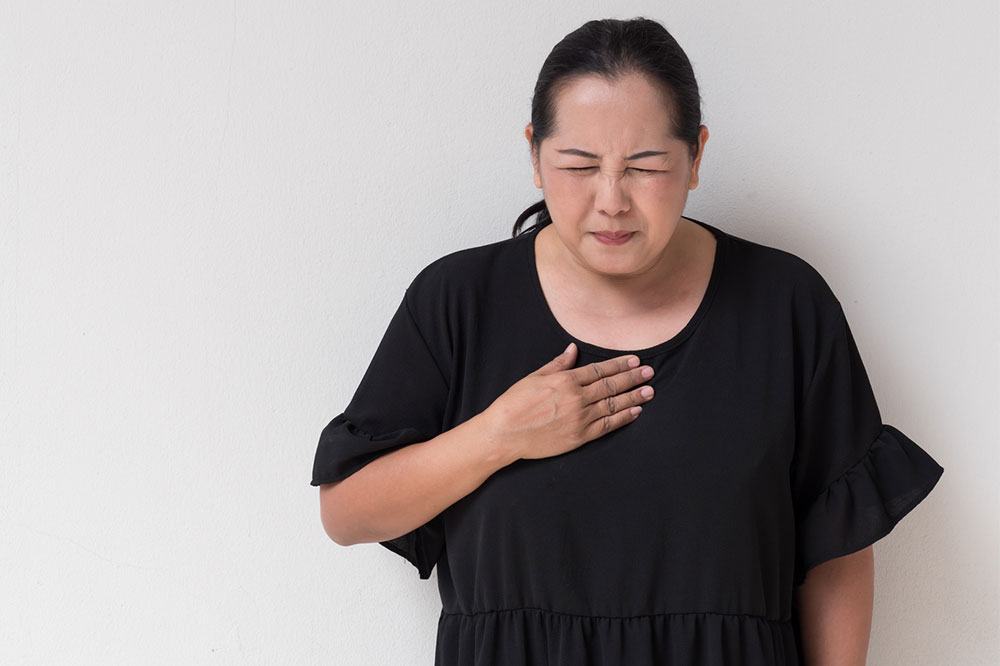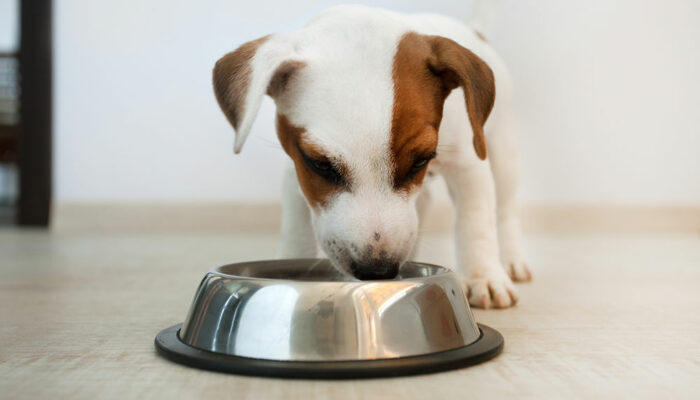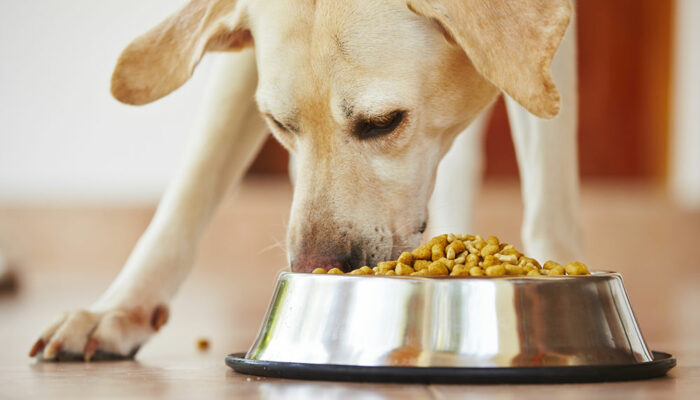
Foods to Eat and Avoid to Manage GERD Symptoms
GERD or gastroesophageal reflux disease is the name of a disorder of the digestive system affecting the ring of muscle that lies between the esophagus and stomach. Oesophageal sphincter is the name of the ring. Heartburn or acid indigestion is the main indication of GERD. Let us have a look at the most important foods to eat and avoid for GERD.
Foods to eat
Lentils and beans: While many people believe that lentils cause bloating and gas, and may even lead to heartburn, often the important factor is the way they’re prepared. The entire lentils family, including peas, beans, and chickpeas are extremely rich in nutrients and include plant protein, fiber, vitamins, minerals, and antioxidants. However, when you prepare the lentils with spices and add seasonings, acid reflux is caused. It is suggested to consume the lentils and beans plain or at least avoid the seasonings to make the most of their health benefits without having any more effects. Without a doubt, lentils are one of the most important among foods to eat and avoid for GERD, based on the way they’re prepared.
Oatmeal and other whole grains: Oatmeal is one of the favorites for breakfast as it is a whole grain and is very rich in fiber. The higher the fiber content in the diet, the lower is the chance of acid reflux. Whole-grain rice and whole-grain bread are some other forms in which whole grains can be consumed.
Healthy fats: Healthy fats are extremely important when dealing with a condition like gastroesophageal reflux disease. It is important to know the foods to eat and avoid for GERD, and one must know the advantages of consuming healthy fats. There are various sources of such healthy fats including avocados, flaxseeds, walnuts, olive oil, sesame oil, and sunflower oil. Apart from healthy fats, one should take nutrition from vegetables such as broccoli and leafy greens.
Foods to avoid
Meat and other foods: There are certain foods that can trigger the symptoms of GERD because it is a digestive disorder and everything you eat has a direct positive or negative impact on the condition. If you make a small dietary change, it can lead to great improvements in symptoms including heartburn. A high intake of certain foods has been linked directly with inflammation caused by GERD. Some of the foods that worsen the condition of GERD include high cholesterol foods like meat, which also has a high quantity of fatty acids. Oils and some other high-fat foods should be avoided as they can relax the sphincter in the stomach. In addition, one should also avoid consuming foods that have high quantities of salt and some foods that are rich in calcium including milk and cheese.



